News
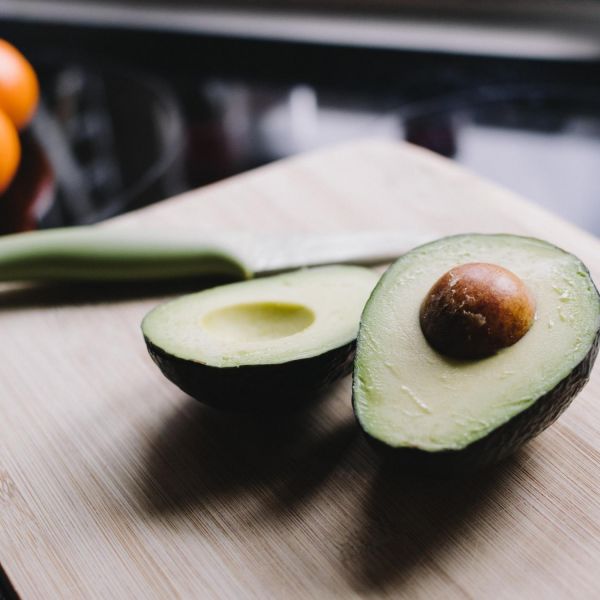
Jul 05, 2022
Daily avocados improve diet quality, help lower cholesterol levels
Eating one avocado a day for six months was found to have no effect on belly fat, liver fat or waist circumference in people with overweight or obesity, according to a new study. However, it did lead to a slight decrease in unhealthy cholesterol levels.
Full Article

Jun 30, 2022
Graduate students awarded 2022 NASA Space Grant Fellowships
Seventeen Penn State graduate students have received 2022 NASA Pennsylvania Space Grant awards and been named graduate fellows.
Full Article

Jun 29, 2022
Jared Ali named director of the Penn State Center for Chemical Ecology
Jared Ali, Dorothy Foehr Huck and J. Lloyd Huck Chair of Chemical Ecology and associate professor of entomology in the College of Agricultural Sciences, has been named director of the Penn State Center for Chemical Ecology (CCE).
Full Article
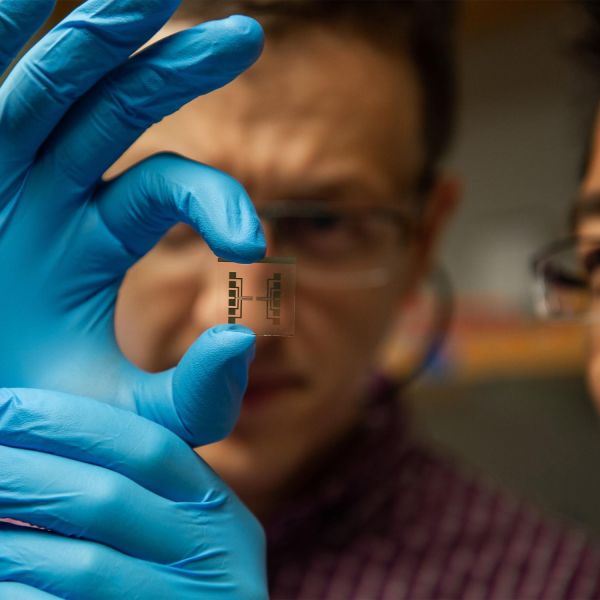
Jun 29, 2022
Laser writing may enable ‘electronic nose’ for multi-gas sensor
Environmental sensors are a step closer to simultaneously sniffing out multiple gases that could indicate disease or pollution, thanks to a Penn State collaboration. Huanyu “Larry” Cheng, assistant professor of engineering science and mechanics in the College of Engineering, and Lauren Zarzar, assistant professor of chemistry in Eberly College of Science, and their teams combined laser writing and responsive sensor technologies to fabricate the first highly customizable microscale gas sensing devices.
Full Article
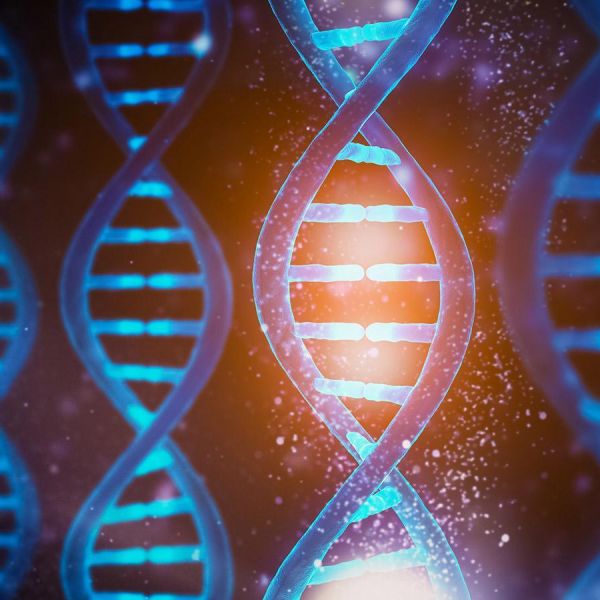
Jun 28, 2022
New machine learning technique shows how drugs can be repurposed
A new machine learning method to model gene expression levels might improve the identification of genes that cause human diseases, according to a new study by Penn State College of Medicine researchers.
Full Article
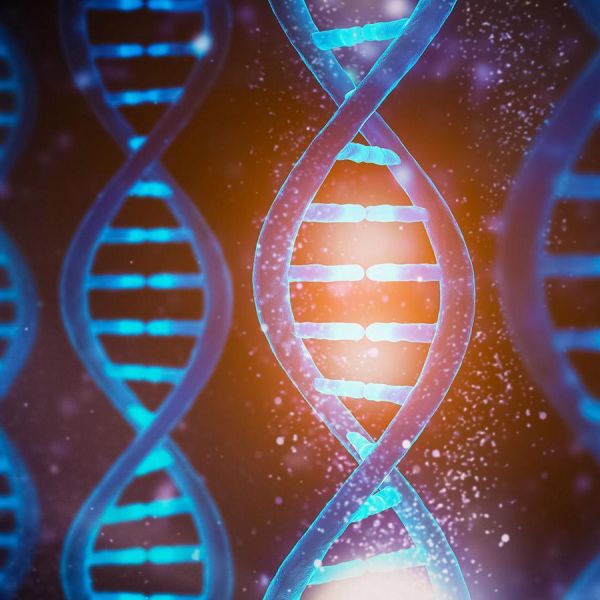
Jun 28, 2022
New machine learning technique shows how drugs can be repurposed
A new machine learning method to model gene expression levels might improve the identification of genes that cause human diseases, according to a new study by Penn State College of Medicine researchers.
Full Article

Jun 27, 2022
Jared Ali named Huck Chair of Chemical Ecology
Jared Ali, associate professor of entomology in Penn State's College of Agricultural Sciences, has been named the Dorothy Foehr Huck and J. Lloyd Huck Chair of Chemical Ecology by the University’s Huck Institutes of the Life Sciences.
Full Article

Jun 27, 2022
Suicide vulnerability index, machine learning model help predict counties’ risk
Suicide is a leading cause of death in the United States, but the models that have been used to predict suicide rates weight risk factors equally and rely on data for large geographic areas, limiting the precision of the predictions, according to Penn State researchers.
Full Article
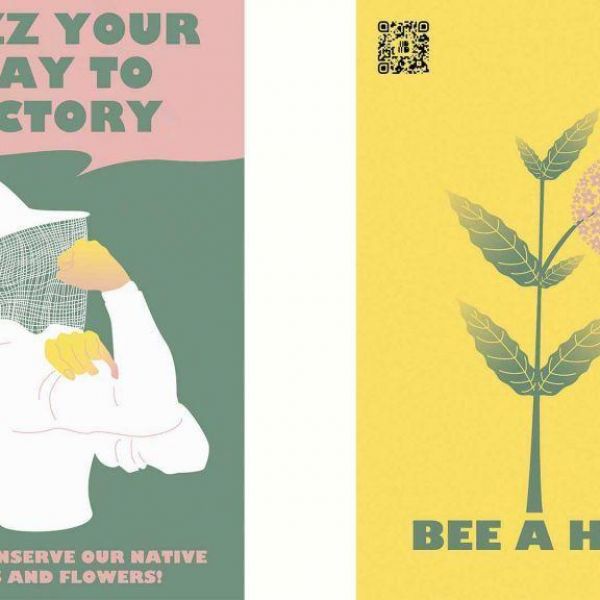
Jun 23, 2022
Penn State unit partner projects highlight awareness, importance of pollinators
Penn State's Center for Pollinator Research and the Insect Biodiversity Center, both at the Huck Institutes of the Life Sciences, and the Department of Graphic Design at the Penn State College of Arts and Architecture have formed a partnership, funded by the Apes Valentes Program, to develop, design and produce materials to help increase awareness of pollinator biodiversity, the importance of pollinators to food security and ecosystem health, and strategies that can be used to support pollinators in urban, agricultural and natural landscapes.
Full Article
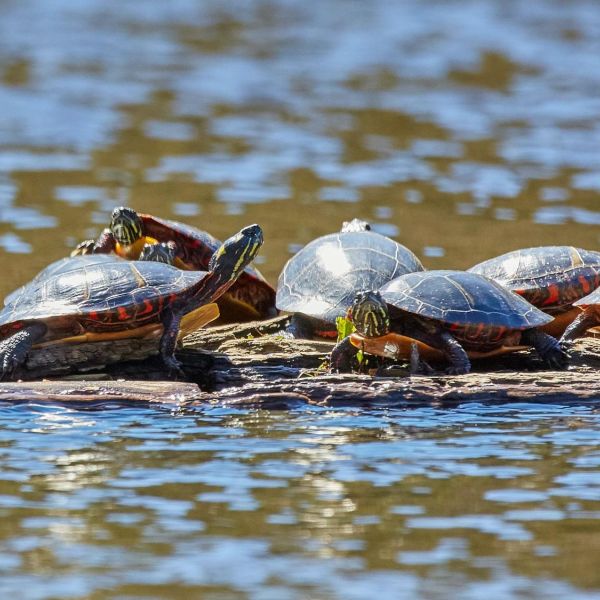
Jun 23, 2022
Secrets of reptile and amphibian aging revealed
At 190 years old, Jonathan the Seychelles giant tortoise recently made news for being the “oldest living land animal in the world.” Although, anecdotal evidence like this exists that some species of turtles and other ectotherms — or ‘cold-blooded’ animals — live a long time, evidence is spotty and mostly focused on animals living in zoos or a few individuals living in the wild.
Full Article